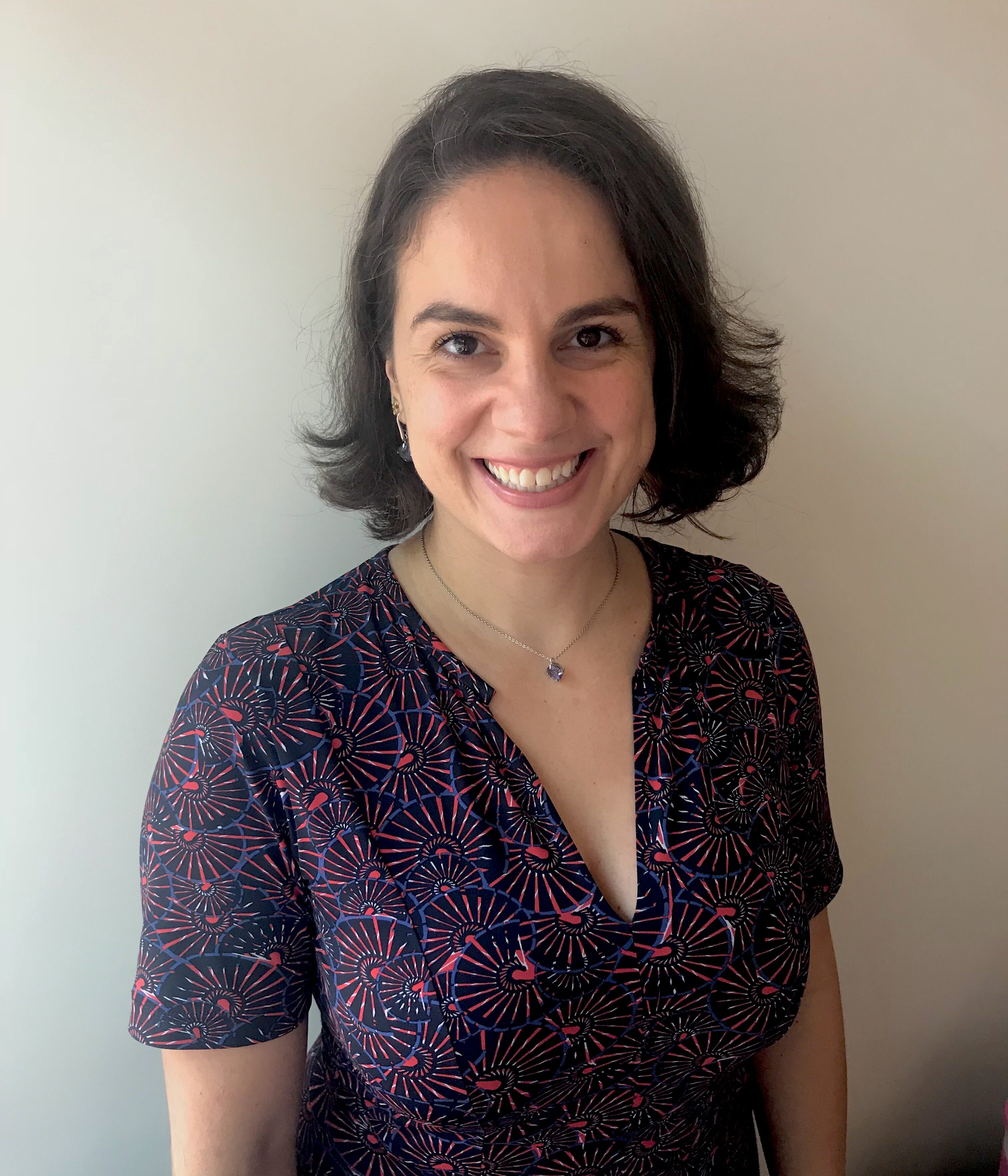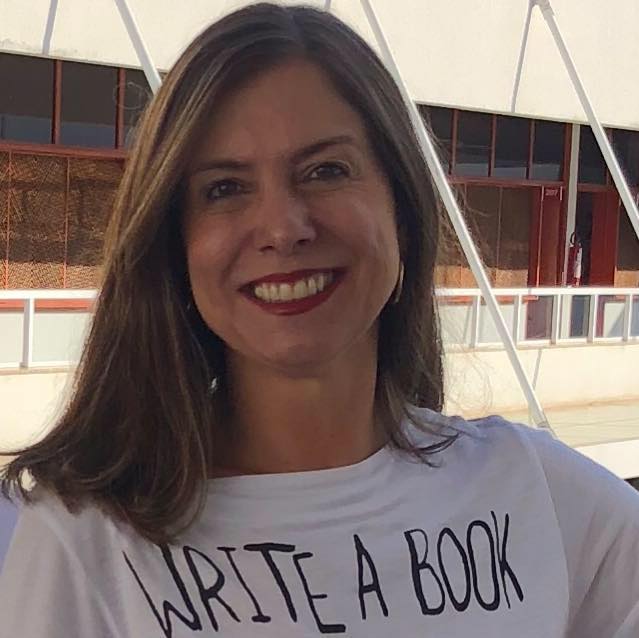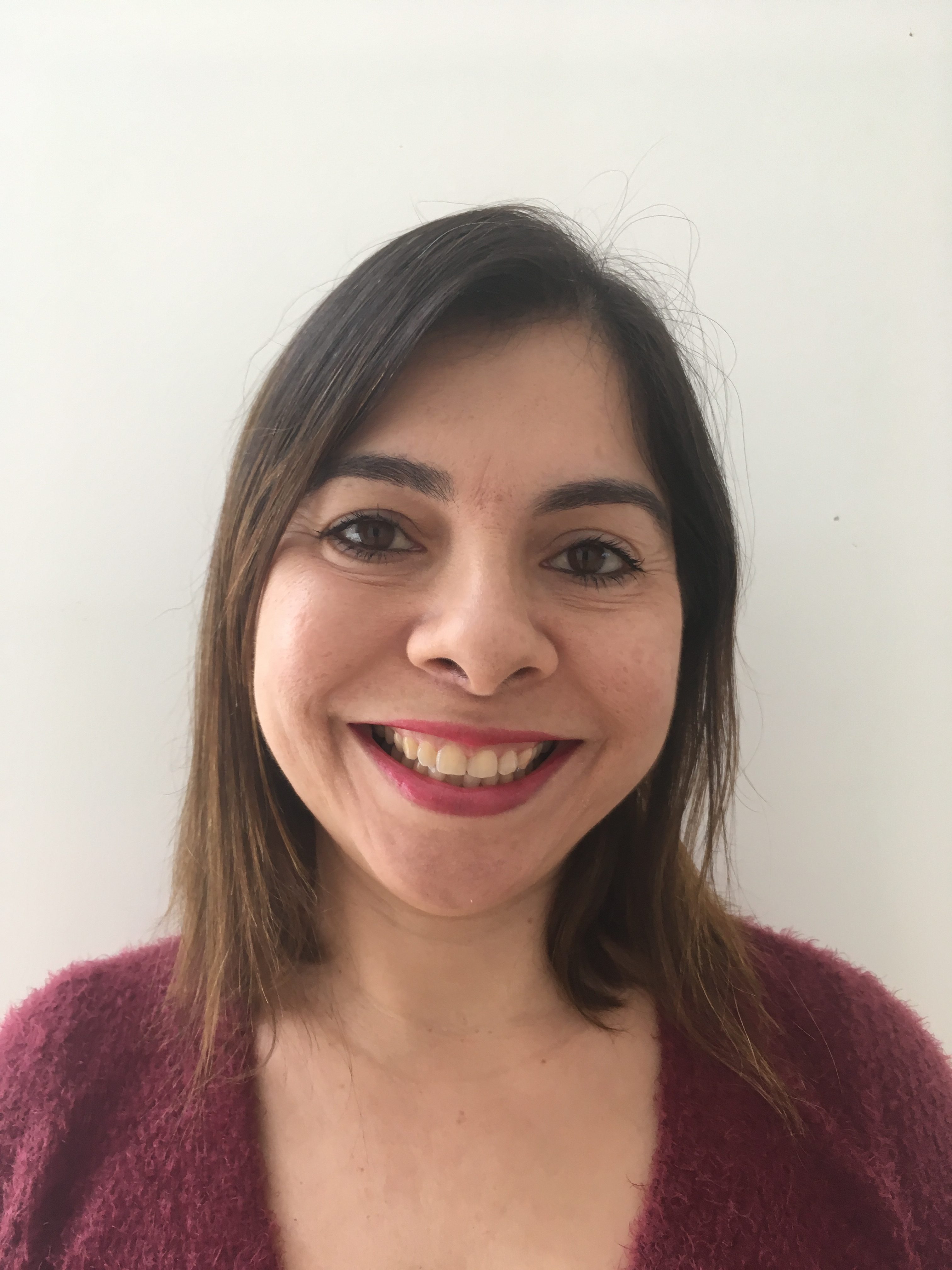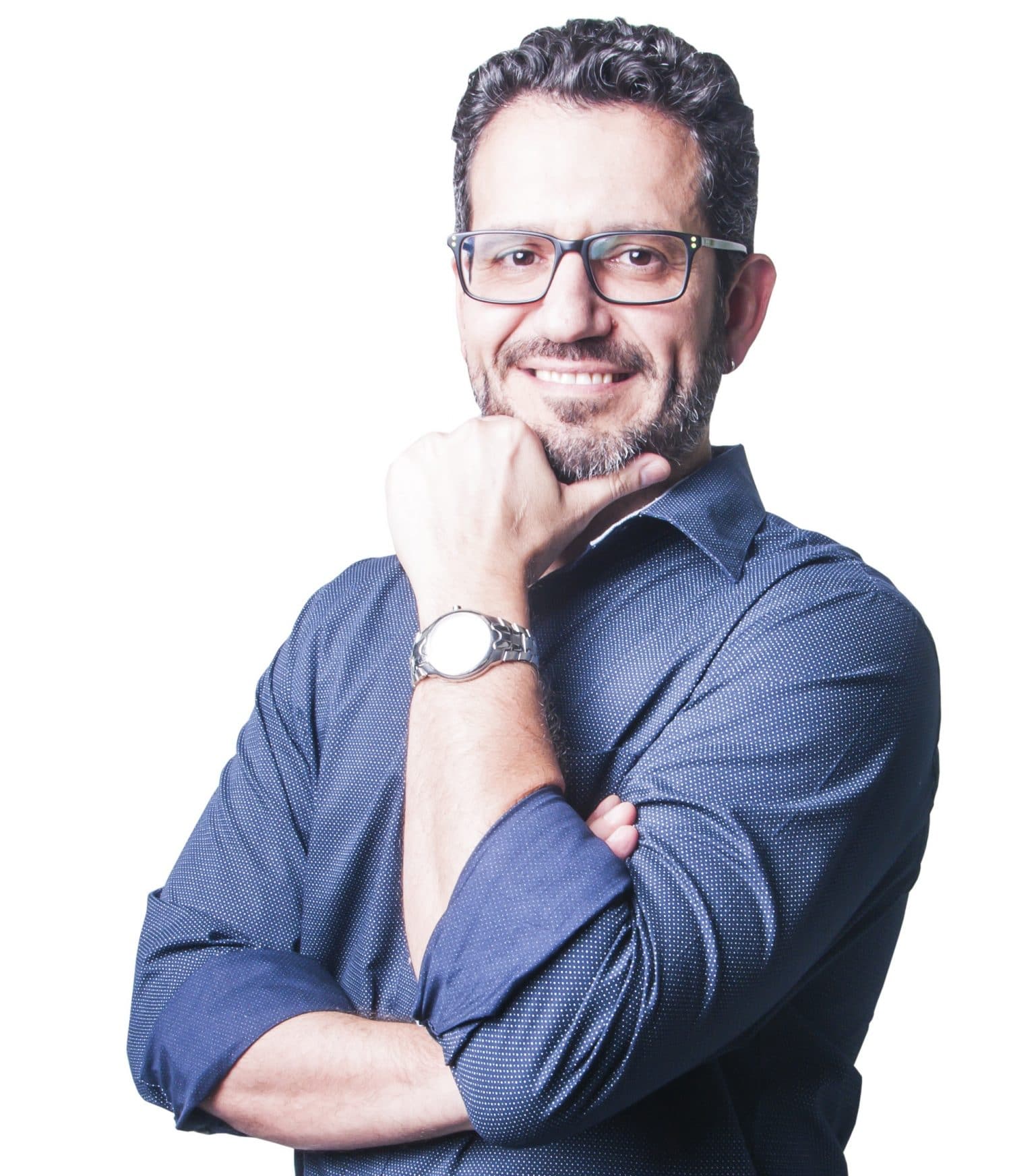I teach, therefore I ask
On many different occasions I have discussed the belief that teaching seems to be about asking questions, not always providing answers. In this post we will focus on teaching situations where questions can be effective in helping learners achieve success in language learning and some ideas on how to take advantage of questions.
- Using images: Most of our modern materials – including international exams – involve images to provoke ideas, discussions or illustrate a text. Asking yes/ no questions may help teachers guide learners towards the pre-defined ideas and goals or assess how much learners understand of a given situation. If teachers choose open ended questions (for learners that have sufficient linguistic resources to cope with them) the focus may be on brainstorming or developing learners’ critical thinking. In this case, the questions should not be rhetorical and teachers need to be ready to embrace the various unpredictable ideas learners come up with.
- Checking understanding: After giving instructions or when teaching concepts (lexis, grammar), teachers can resort to a set of specific questions with only one possible answer to check whether learners know what to do or have grasped the meaning of language taught. Questions in this case need to be precise, well-planned to direct learners to specific ideas. These questions are not always easy to be built, but give teachers the control of the limited and predictable responses.
- Discussions: When asking learners to discuss questions about a certain topic or text, we teachers need to be constantly reminded about the fact that learners need this time to discuss. The aim of such task should be clear to learners and teachers – developing fluency, choosing sides as a group, getting to know their peers, practice the language, develop innovation, communication, creativity skills. In any case, the learners are the ones that need to progress, not the teacher. If there are two or more learners together, the teacher may refrain from participating; if it is a private lesson, the teacher may choose to make the effort to provoke speaking from learners by asking questions. It is probably necessary to express an occasional opinion, but expansion is required from learners.
- Learners’ questions: Many of our learners have an endless number of questions throughout the lessons. Surprisingly, they usually have the answers or can reach them through scaffolding. So, an idea is to throw the question back at learners. If we resist the urge to promptly answer all the questions we are asked, we may not only foster learners’ autonomy, but also boost their confidence.
In general, as teachers we enjoy having the control over what goes on in the classroom and asking too many open-ended questions results in a greater number of unpredictable events in lessons. However, learning happens from the efforts learners make to answer questions, to retrieve knowledge, to critically reflect upon ideas to be expressed in a different language. As caring human beings we also tend to provide answers right away to ease the suffering inherent to learning. By doing that we may be preventing learners to go further sosmetimes. Let go of control, ask more questions, some you will be able to answer and some whose results you cannot anticipate. Let me know how it goes.






